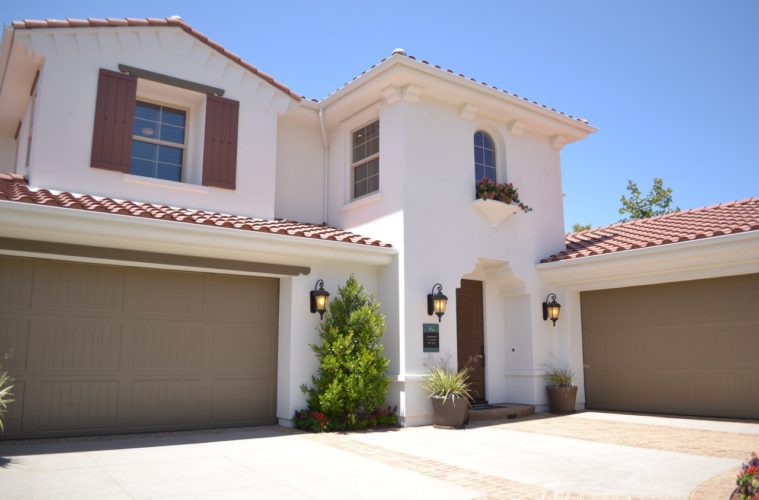On the face of it, it sounds like the perfect occupation. After all, the general consensus is that landlords sit back, take advantage of increasing rents, and make lots of profit.
In reality, it doesn’t always work like this. In fact, many believe that property is becoming one of the toughest markets to succeed in, with recent changes squeezing profits like never before. Some think this is the root cause behind the higher rents we have seen over the last few years, but that’s a debate for another day.
If you are considering becoming a landlord, today’s article is for you. It’s not to put you off by any stretch; after all, there can still be plenty of money to be made in this if you operate shrewdly.
However, we will uncover some of the so-called hidden costs that can eat into your profit margins as time goes on.
Management and maintenance costs
This is one of the biggest expenses that landlords face. It’s not just a one-off cost for setting up the property, but it’s an ongoing cost that needs to be factored into your overall budget.
Management costs can include anything from finding and vetting tenants to handling day-to-day repairs and maintenance. In most cases, it’s advisable to have a property manager in place to take care of this for you, as it can be a full-time job in itself. However, this will cost you around 10-15% of your rental income on average, so you can already see where the profits start to go.
The alternative is to take a DIY approach. Some full-time landlords will take this on to save costs but be warned that you are then responsible for all repairs- regardless of when the phone rings.
Insurance costs
This is another mandatory cost that all landlords need to factor in. The good news is that it’s not a particularly expensive one, but it’s still something else that is rarely taken into account when you start your initial beermat calculations.
At this point, it’s worth mentioning that landlord insurance is different to standard home insurance due to the additional risks that you face.
The dreaded void period
All landlords dread the day when their property is left empty for an extended period. This can be for several reasons, but it’s always a loss of income for the landlord.
In some cases, it can take several weeks or even months for a new tenant to be found. You’re not making any money from the property during this time, so it’s important to factor this into your overall budget. Furthermore, depending on where you are based in the world, you will be subject to your same fixed costs (and some new ones, such as council tax in the UK).
Not everything can be used as an expense on your tax return
This is something that often catches landlords out. In most cases, the money you make from rent is classed as taxable income. However, when it comes to any financing costs, the new regulations mean that these aren’t valid expenses. Ultimately, you’ll be paying tax mainly on your income and not your profit, which can make a monumental difference to your yield. There is some relief – but it’s nowhere near as favourable as it once was.

